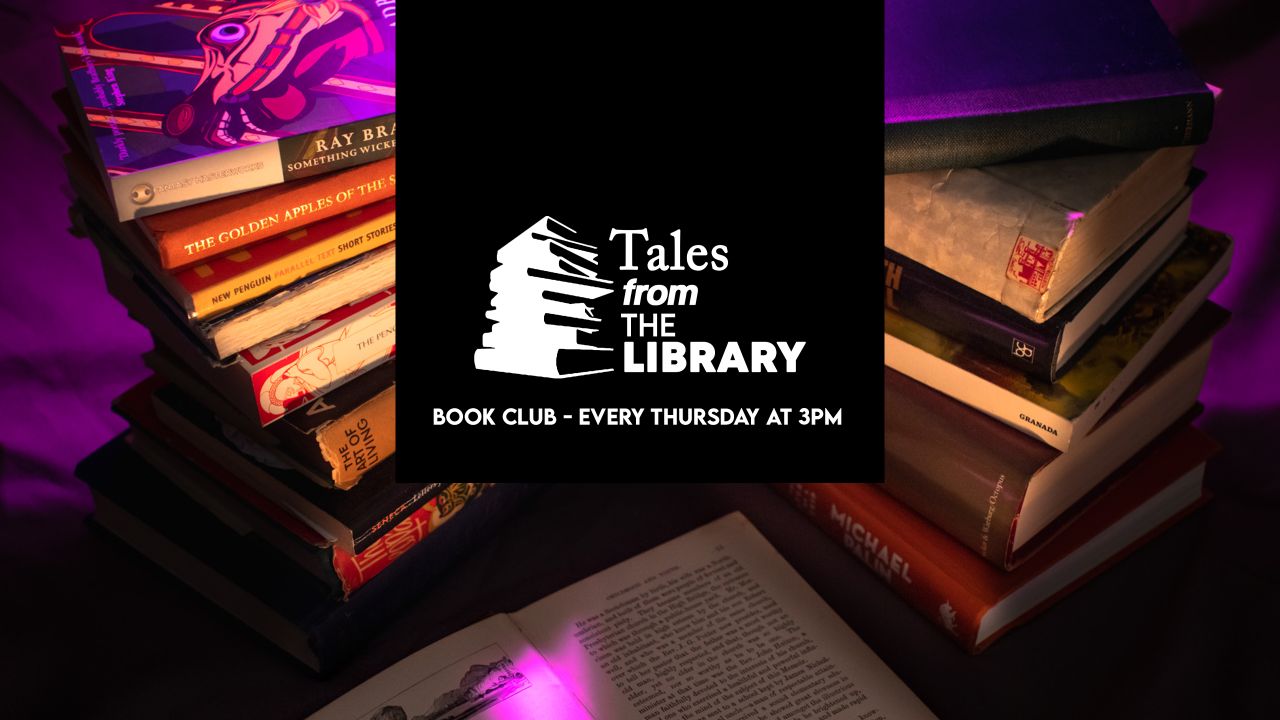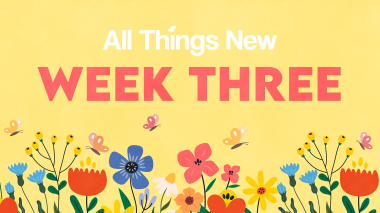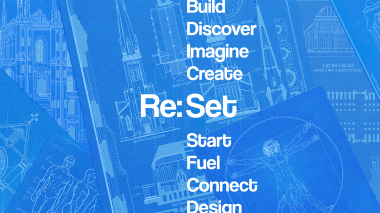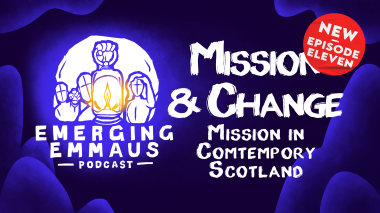Tales From The Library - The Poet

SIGN UP NOW - Every Thursday at 3PM
Join us for Tales From The Library: A new connect book review club in the Virtual Coffee Shop. Every Thursday at 3pm we will explore a new book and tale from various different writers. Read the book in advance or listen to our available audio recordings of the stories and then join us for a chat about the story and its deeper themes and meanings. Book recordings will be made available on the Wednesday before the Connect Group chat. Sign up below in order to take part and access the books.


'The Poet' by Hermann Hesse
This week we will be reading 'The Poet' by Hermann hesse, a german fairy tale that tells of a young man whos deepest desire in the world is to become a perfect poet.
Herman Hesse’s fairy tales are not really fairy tales in the traditional sense of the term, and yet they are deeply embedded in both the western and the oriental traditions of fairy tales written between 1900 and 1933, Hesse’s unusual narratives record his endeavours to experiment with the fairy-tale genre and to make his own life as an artist into fairy-tale. He failed as far as his life was concerned because he could never achieve the ideal state he desired but his tales were successful exactly because of this failure: they are filled with the inner turmoil of a writer desperately and seriously playing with aspects of a literary genre to find some semblance of peace and perfect harmony. To know Hermann Hesse’s fairy tales is to know all the trauma, doubts, and dreams of the artist as a young man in Germany in the beginning of a tumultuous century. Like many other European writers Hesse perceived the events surrounding - the rapid advance of technology, the rise of materialism, the world wars, the revolutions and the economic inflations and depressions - as indicative of the decline of Western civilisation. It was through art, especially the fairy-tale, that Hesse sought to content with what he perceived to be the sinister threat of science and commercialism.
Born in Calw a small town in Swabia, on July 2, 1877, Hesse was raised in a religious household. His Father, Johannes who had been a pietistic missionary in India, continued to work in the ministry when he returned to Germany. His mother, Marie, was an assistant to her own father, Herman Gundert, director of the Calw publishing house, one of the leading pietistic book companies in Europe.
Questions
1. What do you think about the main character of Han Fook and his mission to become a ‘perfect’ poet?
2. How do you feel about his leaving his family and wife?
3. Think about the character of the ‘master of the perfect word’, how do you feel about the master as a reader? Do you share Han Fooks reverence?
4. How do you think the story deals with the moral tales presented? How are they conveyed to us, and in what way do you think we can apply them to our own lives?
5. Think about the storeys use of the passage of time, in what does Hesse use time as a potent narrative devise to show the cost of the characters actions?




 Add to Favourites
Add to Favourites




Login to comment.